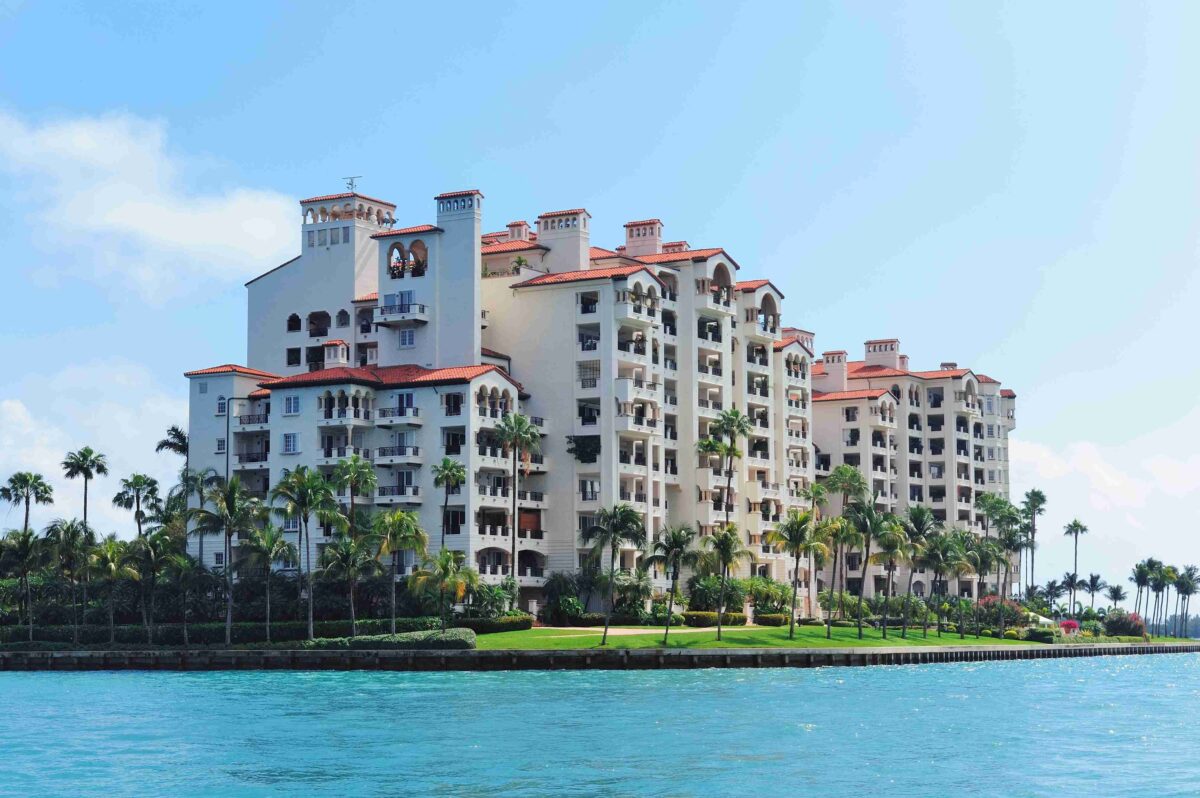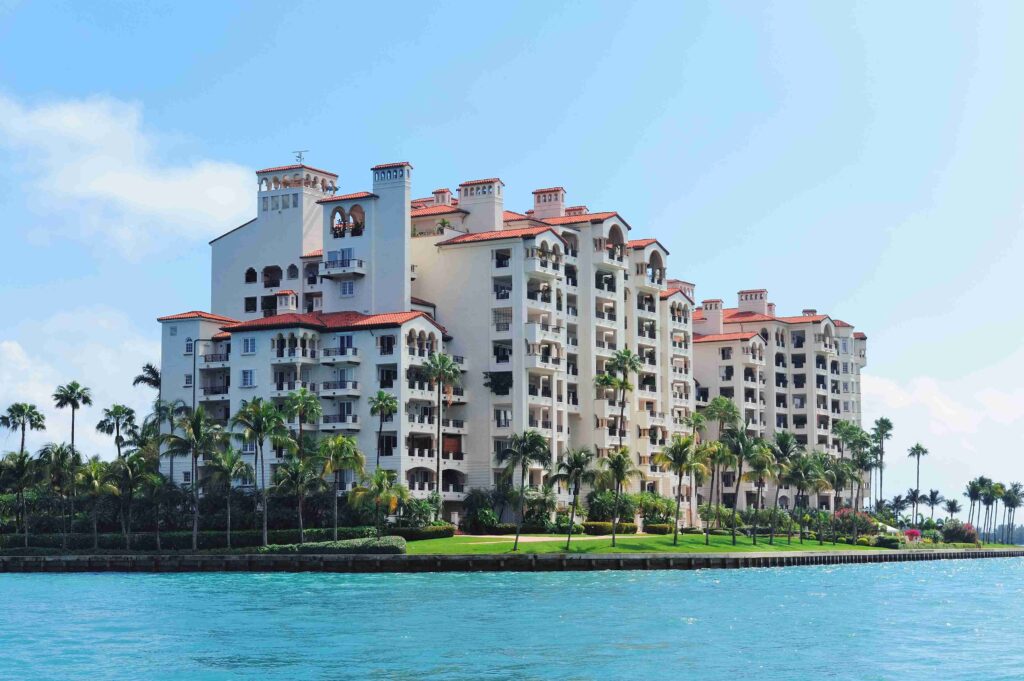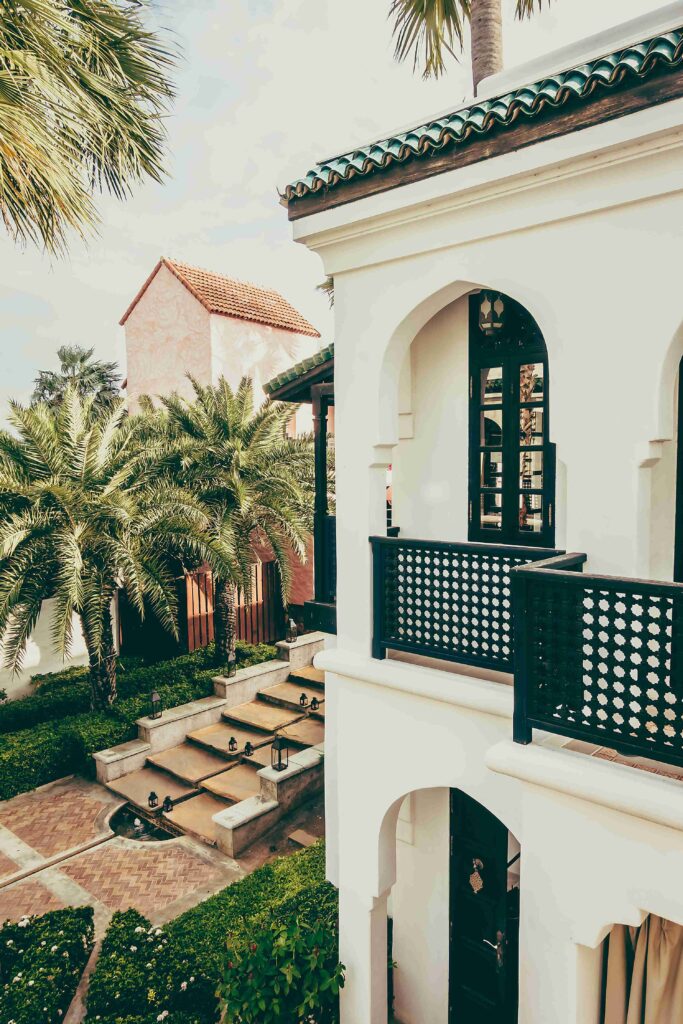When considering a home loan in Dubai, one of the most crucial decisions is selecting the appropriate loan tenure. The tenure, or duration of the loan, directly influences your monthly payments and the total interest paid over the life of the loan. Understanding this relationship is essential for making an informed financial decision.

Understanding Home Loan Tenure
Home loan tenure refers to the length of time over which you agree to repay your mortgage. In Dubai, typical mortgage tenures range from 5 to 25 years. The tenure you choose will impact both your monthly installment amount and the total interest you pay.
Impact of Loan Tenure on Monthly Payments
- Shorter Tenure (5–10 years):
- Higher Monthly Payments: With a shorter tenure, the principal amount is divided into fewer payments, resulting in higher monthly installments.
- Lower Total Interest: Although the monthly payments are higher, the total interest paid over the life of the loan is significantly reduced.
- Faster Equity Build-Up: You build equity in your property more quickly, which can be advantageous if you plan to sell or refinance in the future.
- Higher Monthly Payments: With a shorter tenure, the principal amount is divided into fewer payments, resulting in higher monthly installments.
- Example: For a loan amount of AED 1,000,000 at an interest rate of 3.5%, the monthly payment for a 10-year tenure would be approximately AED 9,900. Over the life of the loan, you would pay around AED 188,000 in interest.
- Longer Tenure (15–25 years):
- Lower Monthly Payments: Spreading the loan over a longer period reduces the monthly financial burden, making it more manageable.
- Higher Total Interest: While monthly payments are lower, the extended period increases the total interest paid over the life of the loan.
- Slower Equity Build-Up: It takes longer to build equity in your property, which might be a consideration if you plan to sell or refinance soon.
- Lower Monthly Payments: Spreading the loan over a longer period reduces the monthly financial burden, making it more manageable.
- Example: Using the same loan amount and interest rate, the monthly payment for a 25-year tenure would be approximately AED 4,800. However, the total interest paid over the life of the loan would be around AED 443,000.

Factors to Consider When Choosing Loan Tenure
- Income Stability: Ensure that your monthly income can comfortably cover the chosen monthly installment without straining your finances.
- Long-Term Financial Goals: Consider how the loan tenure aligns with your long-term financial objectives, such as retirement plans or other investments.
- Property Investment Plans: If you plan to sell or refinance the property in the near future, a shorter tenure might be more beneficial.
- Interest Rate Trends: Be aware of current interest rates and how they might change over time, affecting your monthly payments and total interest.
Tools to Help You Decide
Utilizing online mortgage calculators can assist in determining the impact of different loan tenures on your monthly payments and total interest. These tools allow you to input variables such as loan amount, interest rate, and tenure to see how changes affect your financial obligations.

Conclusion
Choosing the right home loan tenure in Dubai is a balancing act between manageable monthly payments and the total interest paid over the life of the loan. Shorter tenures result in higher monthly payments but lower total interest, while longer tenures offer lower monthly payments at the cost of higher total interest. Assessing your financial situation, income stability, and long-term goals will guide you in selecting the most suitable loan tenure.
For personalized guidance and expert advice on navigating mortgage options in Dubai, PWF Broker can help you choose the right plan that aligns perfectly with your financial objectives and lifestyle.
































